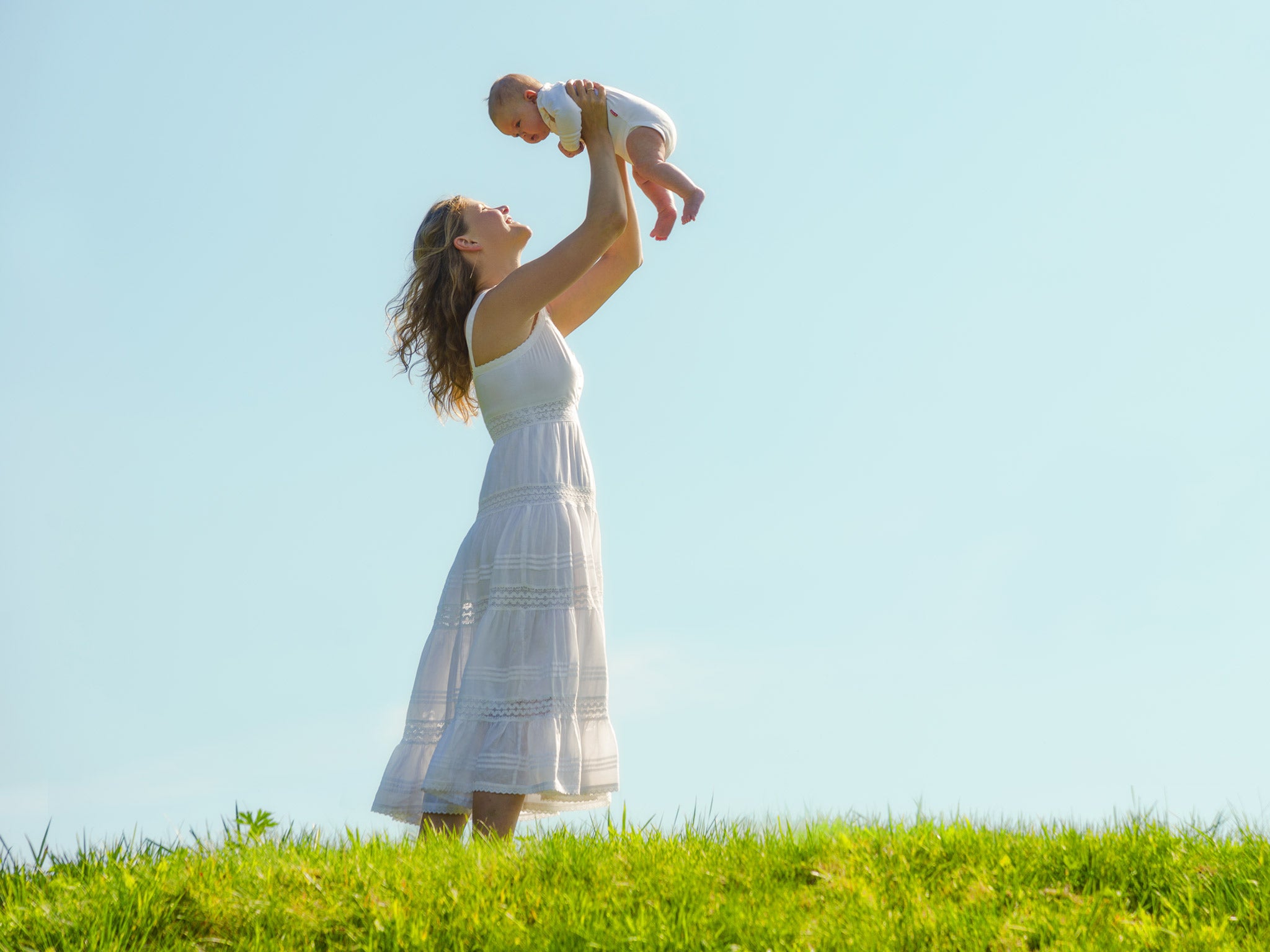Mothers target birth-giving seasons of spring and summer when planning to have children, says study
'For the first time, our research documents that season of birth is actually a planned decision'

Mothers explicitly target the “good” birth-giving seasons of spring and summer when planning to have children, according to new research.
Far fewer babies are born between November and March, while far more are born between June and September, a US study looking at tens of millions of first births found.
Younger women, and those in states along the eastern seaboard where the winters are harshest, prefer to have their births in the first half of the year when newborn health is highest.
The opposite occurs in southern hemisphere countries, which have more births in December to March and fewer in May to August, their summer and winter respectively.
The findings, in the paper Choosing Season of Birth: The Role of Biological and Economic Constraints and carried out by scientists at universities in the UK and Chile, were presented at the Royal Economic Society’s annual conference in Brighton.
Co-author Dr Climent Quintana-Domeque, from the University of Oxford, said: “For the first time, our research documents that season of birth is actually a planned decision: mothers have a clear desire to target the ‘good’ seasons of birth of spring and summer – and often manage to do so.”
The most stunning photos that capture the beauty of birth
Show all 15The UK website babycentre also cites research that shows children born between June and October are likely to be slightly taller and have bigger bones than winter-born children. The reason is thought to be related to vitamin D exposure during pregnancy.
Babies born in autumn and winter are also more likely to develop food allergies, although scientists have been unable to explain why, and asthma is more common in autumn-born children. One theory is that as babies have increased exposure to allergens, such as house dust mites, during the first few months of life at this time as they stay indoors far more than if they were born in hotter months.
The scientists found young women respond “very clearly” to bad weather. In US states where winters are the most extreme, younger women are nearly 8 per cent more likely to give birth in summer than in winter (54 per cent summer versus 46 per cent winter).
There was no such difference among older first-time mums, those aged 40 and above, who are equally likely to give birth in summer or winter, even where the winters are coldest.
Similarly, women who have children through IVF and similar artificial techniques are found to have no power over the timing of their birth, with births spread equally throughout the year, with the exception of a downward spike in December conceptions due to shorter clinic hours.
The authors also discovered that a woman’s job also played an important part in their decision making. Those working in education “overwhelmingly” targeted spring and summer, with their longer holidays and lesser workload, compared to autumn and winter.
“The effects of season of birth on newborn and adult socioeconomic outcomes have been widely documented across disciplines, where a clear and consistent pattern of ‘good’ and ‘bad’ seasons has emerged,” the authors concluded. “This is the first analysis of season of birth as a choice that women may make, and to estimate the value of good season of birth in terms of birth weight and wages.”
Elizabeth Duff, Senior Policy Adviser at the National Childbirth Trust, said: “Many women plan when to give birth which could depend on a lot of factors including the ages of previous children, work opportunities, household finances and also the time of year. It is a good idea to plan a pregnancy so that you’re prepared for your impending arrival, but also to bear in mind the best laid plans don’t always work out.”
Subscribe to Independent Premium to bookmark this article
Want to bookmark your favourite articles and stories to read or reference later? Start your Independent Premium subscription today.

Join our commenting forum
Join thought-provoking conversations, follow other Independent readers and see their replies